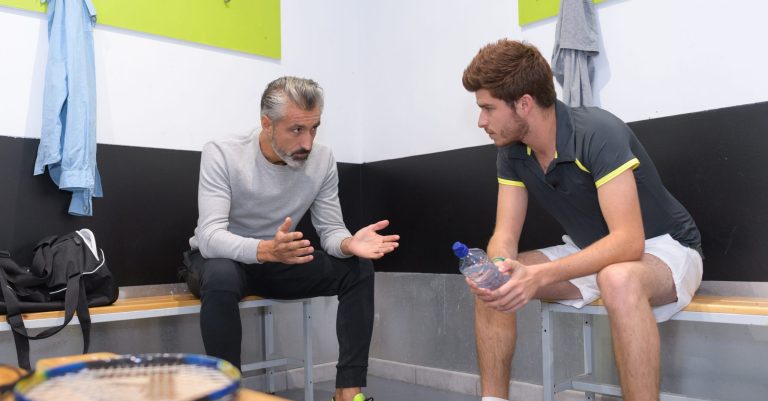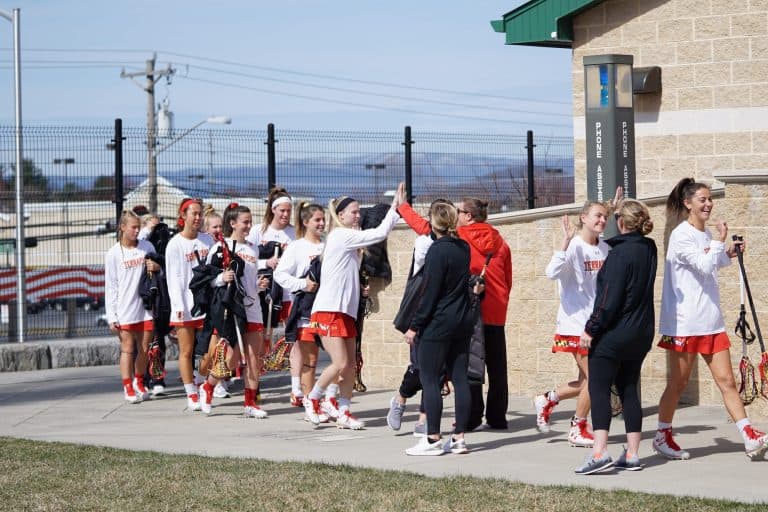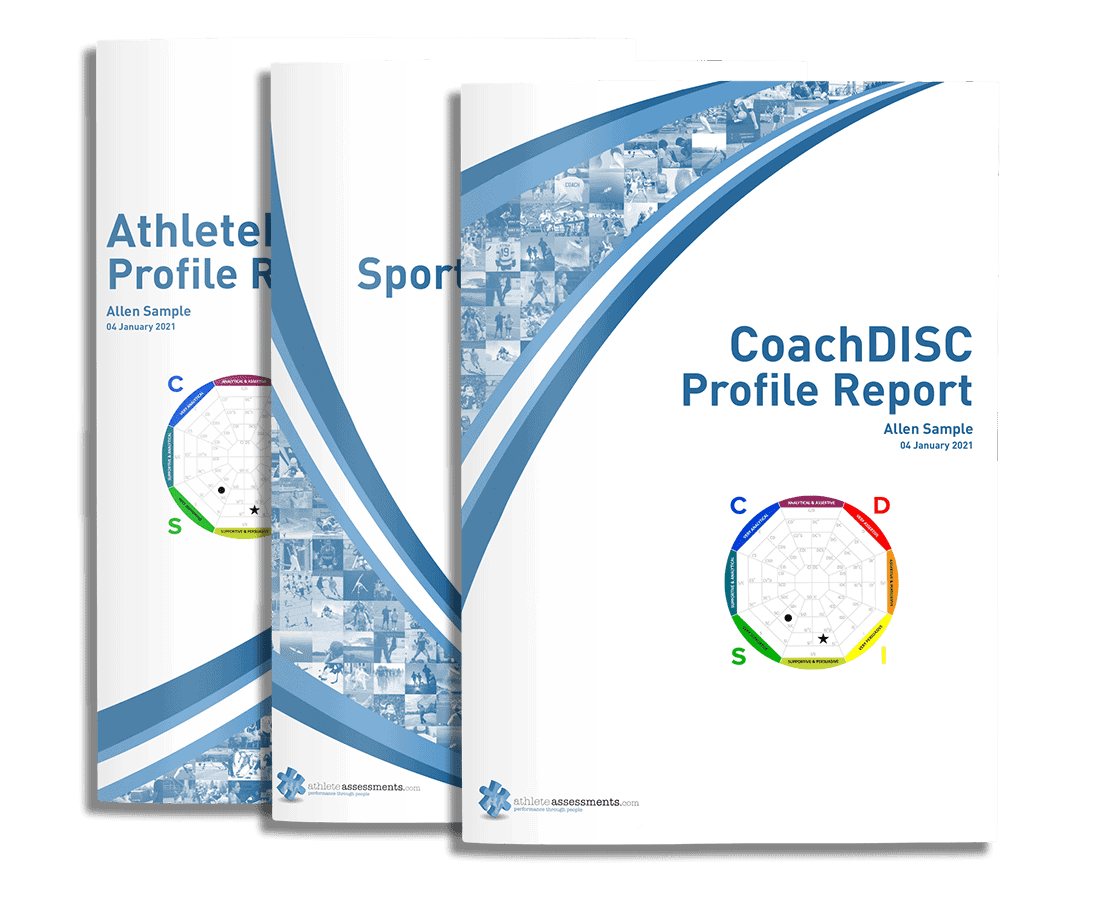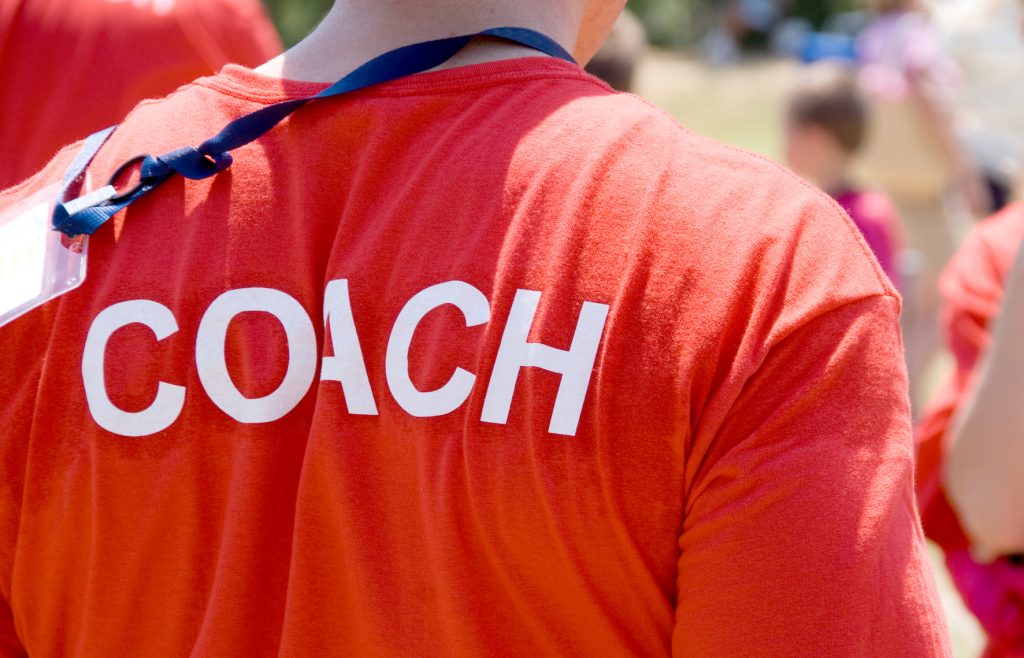
Voluntary occupational turnover among coaches, administrators, and sports professionals is rapidly increasing within collegiate athletics departments, and it’s no secret that this trend has the power to derail teams and winning cultures. This phenomenon remains such a concern, that the media and industry experts have even labelled it, ‘The Great Resignation’.
Nevertheless, the alarming uprise of voluntary occupational turnover within collegiate athletics highlights the need for people-centric tools to assist in retaining, empowering, and supporting staff. In this article, we delve into recent research findings that uncover the causes contributing to high turnover within college athletics, and discuss the application of tools and techniques to prevent your people, staff, and team members becoming part of this statistic.
Voluntary occupational turnover among coaches, administrators, and sports professionals is rapidly increasing within collegiate athletics departments, and it’s no secret that this trend has the power to derail teams and winning cultures. This phenomenon remains such a concern, that the media and industry experts have even labelled it, ‘The Great Resignation’.
Nevertheless, the alarming uprise of voluntary occupational turnover within collegiate athletics highlights the need for people-centric tools to assist in retaining, empowering, and supporting staff. In this article, we delve into recent research findings that uncover the causes contributing to high turnover within college athletics, and discuss the application of tools and techniques to prevent your people, staff, and team members becoming part of this statistic.

For context,
- In April 2021, over 4 million people quit their jobs within the sports industry in North America.
- More than half of employees who leave voluntarily believe their departure could have been prevented by their manager or organization.
- Gender differences are evident, with female coaches showing a tendency to leave the industry earlier than their male counterparts.
- Recent research in US collegiate sport found a staggering 48% turnover rate in Division I athletic departments over just two years, surpassing turnover rates in higher education and corporate sport businesses.
The issue of voluntary occupational turnover is not limited to the sports world; it’s a global concern. Within collegiate athletics, the impact of this phenomenon has profound implications, particularly given student-athlete leadership and retention rely on stability among coaching and staff. The departure of a head coach can disrupt a team, affecting not only existing players but also recruitment. Naturally, when key figures leave, they can influence the team’s performance, culture, and the very essence of what it means to be a winning team.
With the US media raising concerns about the high turnover rates in the collegiate sports industry, one sports researcher, Karen Weaver, particularly noted,
“The Great Resignation is alive and well in college athletics. College coaches and their support staff are struggling with the emerging reality that the pandemic is turning into an endemic. The industry, already reeling from cancellations, postponements, and forfeits, is now faced with an exhausted workforce, and many may be ready to leave the industry.”
Acknowledging people for the unique combination of behavioral traits and non-technical skills they bring to a position, in addition to their technical skillset, opens a more all-encompassing dialogue. It is breadth of perspective, considering an individual as a whole, and not just their technical capacity to carry out a role, that was found to be missing in the working lives of participants.
A 2023 study on voluntary occupational turnover undertaken by the University of Tennessee, analyzed the individual experiences of former Division I swimming coaches, revealing troubling trends that apply to college coaching across various sports. In particular, research examined the experiences (individual and/or work related) that contributed to voluntary departure. Swimming was chosen, as it remains one of the oldest sports recognized by the NCAA, and continues to be a widely sponsored sport across all three NCAA divisions for both men and women. The study’s participants included both male and female NCAA collegiate swimming coaches, who had an average coaching tenure of 13 years, and an average of 8.7 years coaching at the NCAA Division I level. Researchers conducted qualitative semi-structed interviews to gain further insight into the experiences, thoughts, and ideas of the coaches.
In general, five key themes emerged as contributing factors to participants’ decision to leave. These were:
- Financial strain
- Coach role dominance
- Siloed experiences
- Unethical and abusive leadership
- The COVID-19 pandemic
Across the board, over half of departing employees in the sports industry feel their departures could have been prevented by better management or organizational support. The study also found that as participants’ lives evolved, they realized the coaching profession didn’t accommodate for personal growth, family, and other responsibilities.
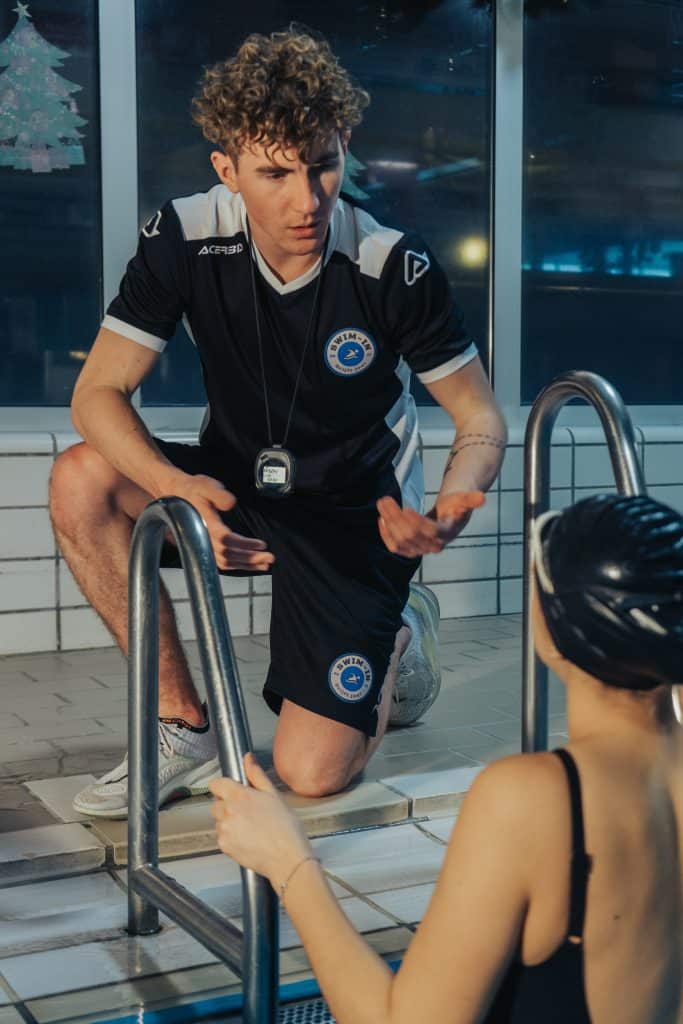
A 2023 study on voluntary occupational turnover undertaken by the University of Tennessee, analyzed the individual experiences of former Division I swimming coaches, revealing troubling trends that apply to college coaching across various sports. In particular, research examined the experiences (individual and/or work related) that contributed to voluntary departure. Swimming was chosen, as it remains one of the oldest sports recognized by the NCAA, and continues to be a widely sponsored sport across all three NCAA divisions for both men and women. The study’s participants included both male and female NCAA collegiate swimming coaches, who had an average coaching tenure of 13 years, and an average of 8.7 years coaching at the NCAA Division I level. Researchers conducted qualitative semi-structed interviews to gain further insight into the experiences, thoughts, and ideas of the coaches.
In general, five key themes emerged as contributing factors to participants’ decision to leave. These were:
- Financial strain
- Coach role dominance
- Siloed experiences
- Unethical and abusive leadership
- The COVID-19 pandemic
Across the board, over half of departing employees in the sports industry feel their departures could have been prevented by better management or organizational support. The study also found that as participants’ lives evolved, they realized the coaching profession didn’t accommodate for personal growth, family, and other responsibilities.

Major life transitions, such as marriage and parenthood, led many to contemplate a change. As researchers from the University of Tennessee reported, these factors enforced a change of perspective, where coaches no longer saw their job as a source of fulfillment, and instead became acutely aware of the sacrifices prominent within the coaching profession.
These research findings are particularly profound, considering in collegiate swimming on the men’s side, there are 465 head coaching positions and 983 assistant coaching positions within all three divisions combined. To provide perspective, on average within men’s Division I collegiate athletics, there are 142 head coaching positions and 421 assistant coaching positions. In contrast, there are 584 head coaching positions and 1,134 assistant coaching positions across all three divisions of collegiate women’s swimming.
Delving into the women’s collegiate swimming coaching space, researchers from the University of Tennessee uncovered various reasons that led women coaches to leave the profession. These included, toxicity within organizational culture, destructive leadership, and an inability to balance professional and personal life.

Upon leaving their coaching role, one participant noted,
“I did [have an exit interview] but I wasn’t terribly honest. I felt really used and completely not appreciated. I felt like the team was kind of getting screwed, and I was definitely getting screwed. When I told them I was resigning, it was like [I’m] so thankful. So appreciative. What a wonderful experience. It’s one of the great experiences of my life. And all that’s true. I don’t feel like I really got out what probably needed to be said, I just didn’t know if any good was going to come out of that.”
Reflecting on the revelation they experienced throughout the COVID-19 pandemic, another coach highlighted,
“I can’t tell you how tired I was. Waking up early for morning practices, working all day, (then) making recruiting calls. It just felt like it never ended. Then COVID hit and it was like the greatest time of my adult life. I felt amazing. I’m like, ‘This is how I can feel?’ I’m not tired. I don’t feel like I’m in a dream. I am present with my kids and present with my wife. I want to create this more often. I don’t want to feel stressed out. I don’t want to feel exhausted all the time, and so it kind of woke me up.”


Reflecting on the revelation they experienced throughout the COVID-19 pandemic, another coach highlighted,
“I can’t tell you how tired I was. Waking up early for morning practices, working all day, (then) making recruiting calls. It just felt like it never ended. Then COVID hit and it was like the greatest time of my adult life. I felt amazing. I’m like, ‘This is how I can feel?’ I’m not tired. I don’t feel like I’m in a dream. I am present with my kids and present with my wife. I want to create this more often. I don’t want to feel stressed out. I don’t want to feel exhausted all the time, and so it kind of woke me up.”
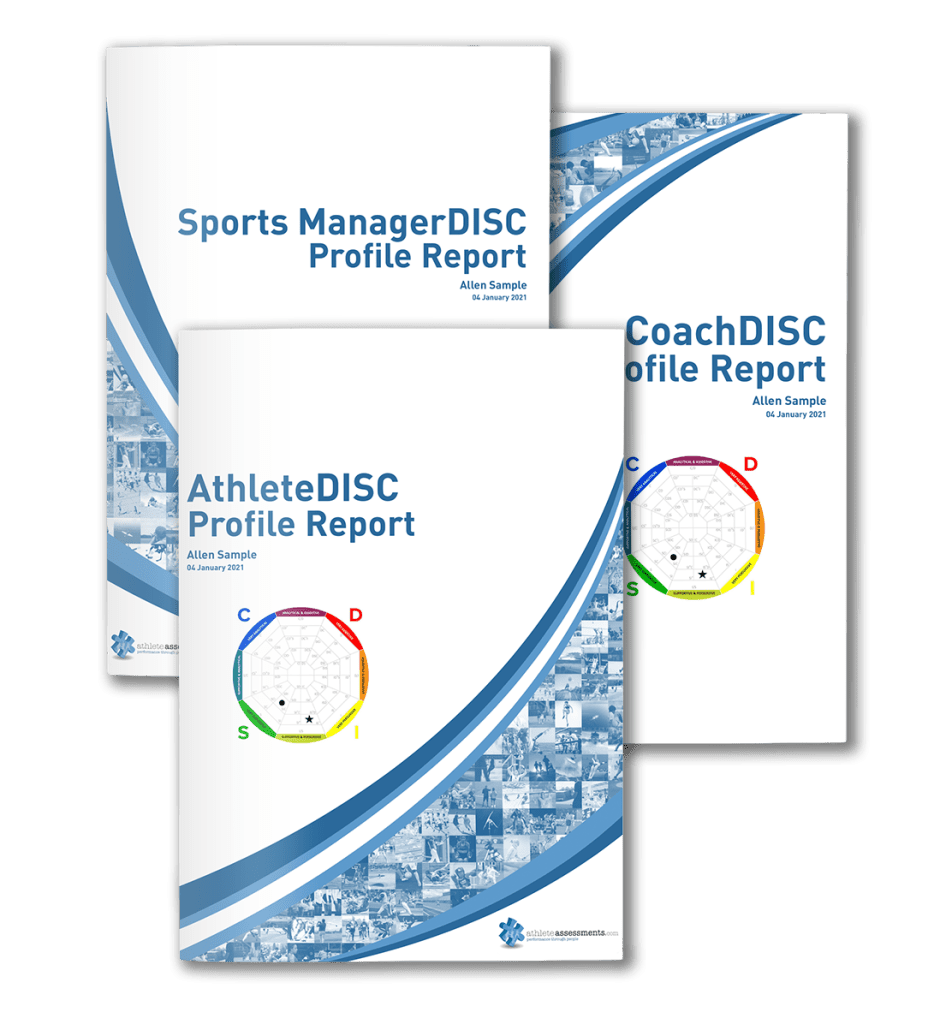
Amongst the increased turnover of staff within the collegiate sports industry, now more than ever relationships remain not only a key performance factor, but a necessity for retention and empowering our people. Tools such as DISC Behavioral Profiling provide a crucial insight into the behavioral tendencies, priorities, and potential stressors of an individual, whilst creating a holistic perspective on others within a team and organization.
In addition to providing an insight into the observable behavior of the individual, Athlete Assessments’ DISC Profiles provide critical information about an individual’s motivation. It is this information which provides advanced knowledge of what is important to an individual and how they might make decisions about their life and career in the future.
Dedicating time to understanding individuals as people within a team or organization, establishes shared value and connection, which is proven to maximize retention in the long run.
At Athlete Assessments, we’re firm believers that people are not only a performance factor, but the competitive advantage of any team or organization. Some may say, “What happens if we invest in our people, and then they leave us?”
A better question is…
“What happens if we don’t invest in developing our people, and they stay?”
Research study cited:
Saxe, K., Beasley, L., Taylor, E., & Hardin, R. (2023). An Investigation Into Voluntary Occupational Turnover of Sport Employees Using the Transtheoretical Model of Change. Journal of Sport Management, 37(4), 256-269. https://doi.org/10.1123/jsm.2022-0066
Where to from here?
If you’re looking to invest in your people in order to establish connection and maximize retention, you’ve come to the right place! At Athlete Assessments, we pride ourselves on providing exceptional service and making a significant contribution to the people, teams, and organizations we work with, as well as sport overall.
Get in contact with our team and start capitalizing on people as your competitive advantage today!
Recommended Articles
We explore the optimal ways to maximize retention within a program by inviting coaches to ask their athletes 7 crucial questions.
As coaches, challenges are inevitable, but that doesn’t always make them easier to deal with when they do arise. So, what are the most common coaching challenges? We explore eight potentials, why they occur, and the best strategies to implement when managing them.
A panel of expert head coach developers joined us for a recent webinar, in this article we debrief their discussions on why proactivity, self-awareness, and understanding coaching needs, are the key to progressing in your coaching career.


